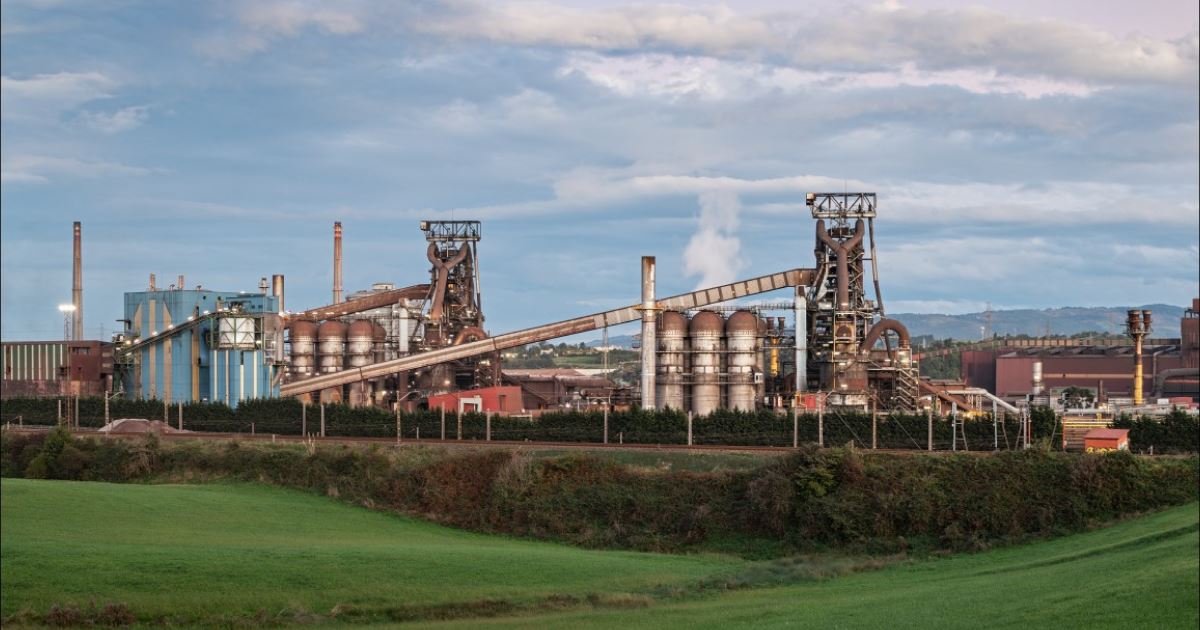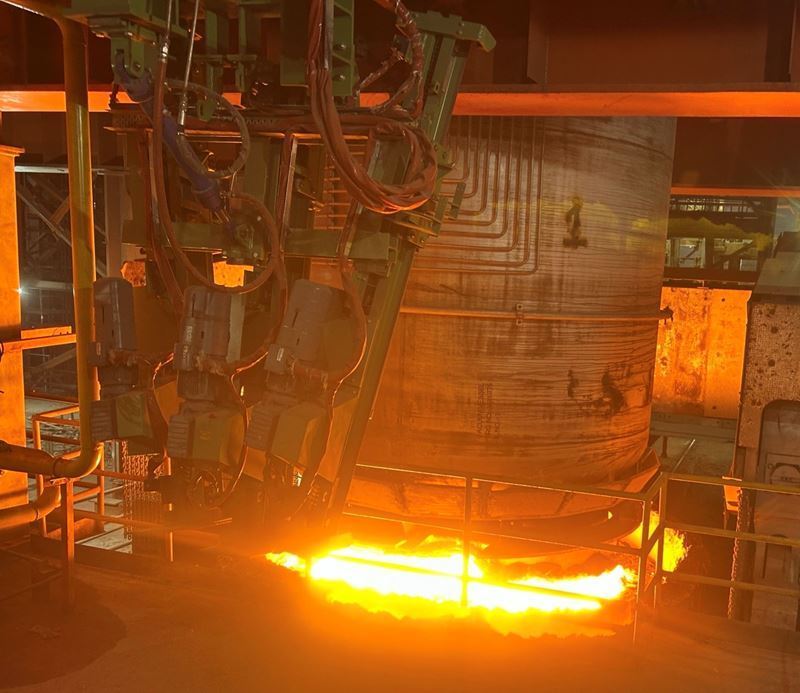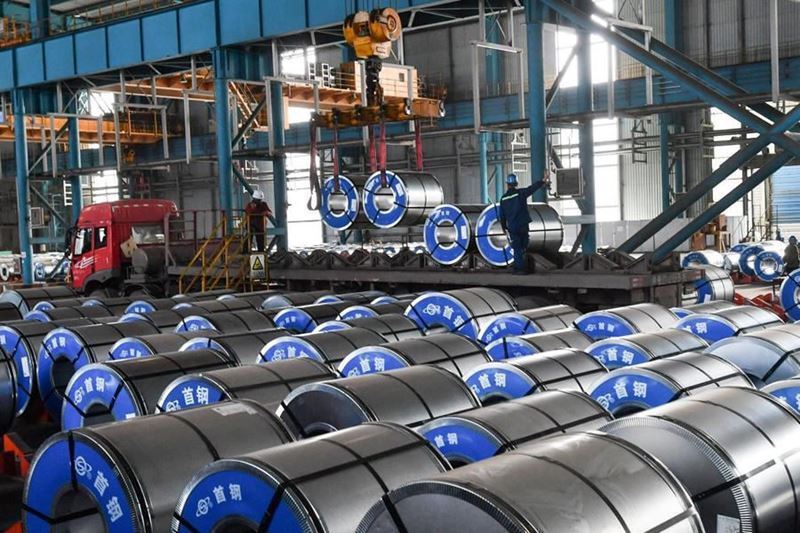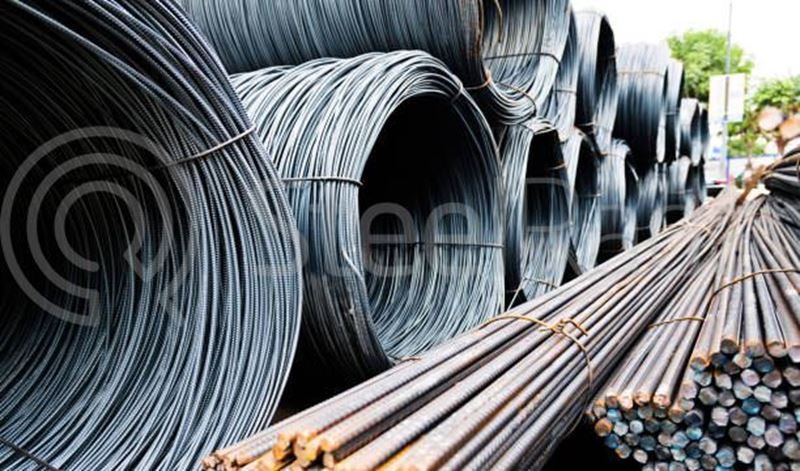A spokesperson for the company noted that wire rod production has been adversely affected by imports, especially from outside Europe, and added: "Wire rod has had to stop production several times this year due to fluctuations in market conditions." The closure of the steel and wire rod mills in Gijón is expected to affect more than 400 workers. However, ArcelorMittal announced that the layoffs will not cover all employees and will offer holiday and medical examination opportunities instead of temporary layoffs.
These developments in the global steel industry reveal that many parts of Europe are facing similar challenges. Low demand, coupled with stagnation in the construction and automotive sectors in particular, is weakening the competitiveness of domestic producers. In addition, low-cost products from abroad are flooding the market, forcing local producers to decrease their prices.
Sources emphasise that ArcelorMittal's move is a reflection of wider economic uncertainties in the sector. Fluctuations in the global steel market are increasing questions about how the labour force and production capacity will be shaped. Steelmakers, particularly in Europe, are having to rethink their strategies to cope with low-priced imports and meet sustainability targets.
ArcelorMittal announced that it will continue to closely monitor market conditions and will take appropriate measures by updating production strategies when necessary. The company also stated that it will continue to take steps to protect the local workforce in this process.
These developments in Gijón constitute an important turning point not only for the labour force in the region, but also for the future of Europe's steel industry. As steel producers struggle to survive in the face of increasing costs and weak demand, this situation is expected to lead to more mergers and strategic partnerships in the sector.









Comments
No comment yet.